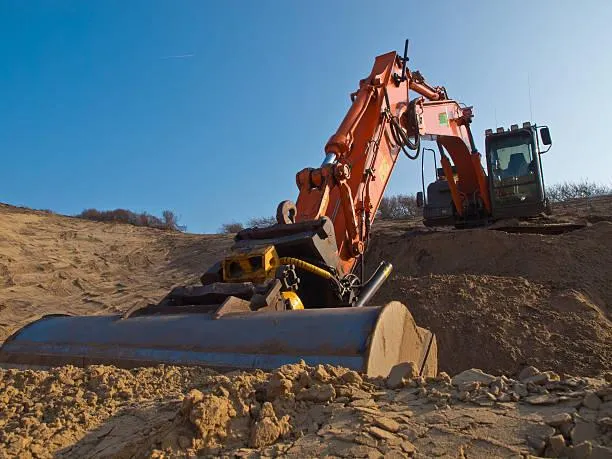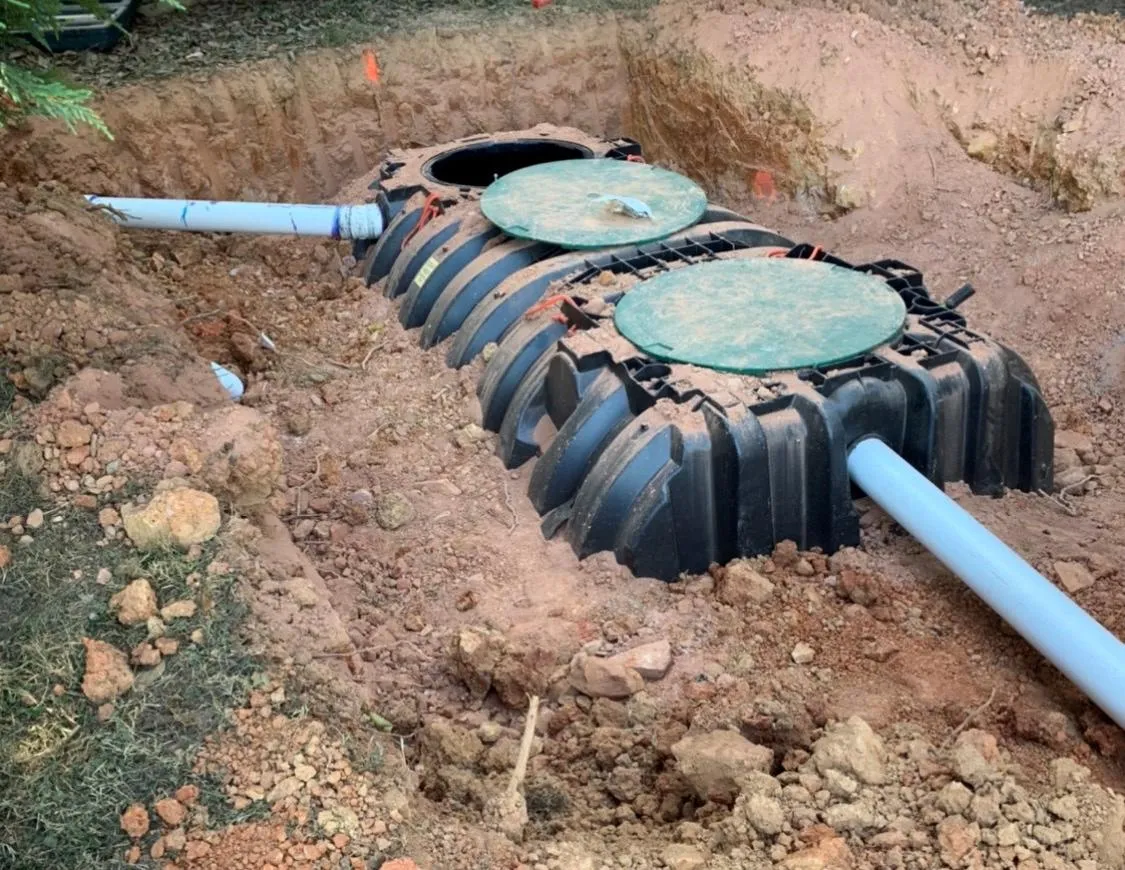
Septic Repairs Services in Inman, South Carolina & Surrounding Areas: Comprehensive Solutions and Local Expertise
Inman homeowners facing slow drains or foul odors know that a failing septic system can threaten property value, water quality, and peace of mind. Expert septic repair services in Inman, SC, and nearby communities including Greenville, Spartanburg, Greer, Gaffney, Boiling Springs, Chesnee, Clifton, Duncan, Landrum, and Wellford, combine local soil expertise, South Carolina regulations, and advanced diagnostics to restore system function quickly. This guide covers the essentials of repair work, common problems and fixes, emergency response, maintenance schedules, and cost transparency so homeowners across Inman and surrounding South Carolina towns can protect their home’s health and longevity.
What Are Septic Repair Services and Why Are They Essential in Inman, SC?
Septic repair services diagnose and fix malfunctions in tanks, drain fields, pipes, baffles, and pumps to maintain safe wastewater treatment. They employ inspections, high-pressure jetting, component replacement, and soil remediation to prevent backups and environmental hazards. For homeowners in Inman, local clay-rich soils and DHEC permitting rules make professional repairs vital for compliance, durability, and reliable wastewater disposal.
What Does Septic Repair Include?
Below is an overview of core repair tasks performed by licensed technicians:
1. Tank inspection and baffle replacement to ensure proper flow.
2. Drain field rejuvenation using bio-augmentation and soil aeration.
3. Pipe and line clearing with specialized root-cutting tools.
4. Pump and effluent filter service to restore pressure and filtration.
These services restore full system capacity and reduce risk of backups, leading to years of reliable performance.
How Does Inman’s Soil and Regulations Affect Septic Repairs?
Inman’s clay-dense subsoil slows percolation, often requiring engineered mound systems or amended drain fields. South Carolina DHEC enforces setback distances, permit approvals, and pump chamber standards. Understanding these soil characteristics and regulatory requirements ensures repairs meet local codes, promote effluent dispersion, and protect nearby waterways from contamination.
South Carolina Septic System Regulations
In South Carolina, the Department of Health and Environmental Control (DHEC) is responsible for regulating septic systems, including issuing permits for installation and ensuring compliance with wastewater management guidelines [3, 16]. These regulations are in place to protect water sources and prevent environmental contamination [3]. This citation supports the article's discussion of the role of DHEC and the importance of adhering to state regulations.
Septic System Permits and Regulations in South Carolina
In South Carolina, a permit from the DHEC is required before installing or modifying a septic system [3, 13, 15, 16, 19]. The DHEC assesses the site's suitability based on soil conditions and proximity to water sources [3, 13, 15, 19].This citation supports the article's discussion of the need for permits and the role of DHEC in regulating septic systems.
When Should Homeowners in Inman Seek Septic Repair Services?
Homeowners should schedule repairs as soon as warning signs appear to avoid costly replacements and environmental fines:
1. Persistent backups in toilets or drains.
2. Pooling water or soggy patches above the drain field.
3. Gurgling sounds in plumbing fixtures.
4. Unusual lawn greenery indicating effluent surfacing.
Acting promptly reestablishes system function and prevents damage to landscaping and wastewater dispersal components.
What Are the Common Septic System Problems in Inman and Their Solutions?
Common septic system failures in Inman include clogs, field saturation, odors, and mechanical breakdowns. Addressing each issue swiftly safeguards property and local aquifers by restoring proper waste treatment and soil filtration.
What Are the Signs of Septic Tank Failure or Clogs?
Homeowners can spot tank issues early by observing these indicators:
1. Slow drains throughout bathrooms and kitchen.
2. Strong sewage odor inside or outside the home.
3. Backup in fixtures during water-intensive activities.
4. Visible sludge in inspection ports.
Detecting these signs early leads to targeted pumping, pipe clearing, or component replacement and prevents more extensive repairs.
How Do Drain Field Issues Affect Septic System Performance?
The drain field disperses treated effluent into soil for natural filtration. When biomat buildup or compaction occurs, effluent cannot percolate, causing surface pooling and system overload.
Restoring drain field function extends system lifespan and prevents effluent backups in the yard.
What Causes Foul Odors and Slow Drains in Septic Systems?
Foul odors and sluggish flow often stem from three main factors:
1. Excess solids due to skipped pumping cycles.
2. Vent blockages that trap gases inside plumbing.
3. Filter clogs on outlets restricting effluent movement.
Clearing vents, replacing filters, and scheduling regular pumping eliminate odors and restore
efficient drainage.
How Does Emergency Septic Repair Service Work in Inman, SC?
Emergency septic repair service delivers 24/7 rapid response to critical failures, using specialized crews equipped with pumping trucks, diagnostic cameras, and high-pressure jets. Technicians assess the issue on arrival, stabilize backups or leaks, and execute immediate remedies to protect your home and health.
What Are the Most Frequent Septic Emergencies in Inman?
Septic emergencies demand urgent attention when they involve:
1. Complete system backups into the home.
2. Overflowing tanks threatening property and groundwater.
3. Broken effluent pumps halting wastewater removal.
4. Structural tank cracks leading to soil saturation.
Quick action resolves these crises and prevents structural damage or environmental hazards.
How Is 24/7 Emergency Septic Service Provided Locally?
Local providers maintain on-call crews and route-optimized vehicles to ensure response within hours. Each emergency team carries full diagnostic toolkits, spare parts, and safety measures to:
1. Secure the site and stop backups.
2. Identify root causes via cameras and testing.
3. Execute field repairs or temporary bypasses.
4. Recommend permanent corrective work.
This round-the-clock availability minimizes downtime and restores normal operation swiftly.
How Often Should Septic Systems Be Maintained and Inspected in Inman?
Regular maintenance preserves septic health by removing solids, verifying component integrity, and ensuring compliance with DHEC guidelines. A proactive schedule reduces repair costs and extends system life.
What Is the Recommended Septic Tank Pumping Schedule?
Most Inman systems benefit from pumping every three to five years, depending on household size and water usage. Critical factors include:
1. Tank capacity and design.
2. Number of occupants.
3. Volume of wastewater generated.
How Do Regular Inspections Prevent Costly Repairs?
Scheduled inspections uncover early signs of wear, such as:
1. Corroded inlet and outlet baffles.
2. Diminished pump performance.
3. Leaks around risers and lids.
Timely component repairs restore efficiency and avoid major excavations or system replacements.
What Are the Best Septic Maintenance Practices for Inman Homeowners?
Maintaining a healthy system involves:
1. Conserving water to reduce hydraulic load.
2. Using septic-safe cleaning products to protect bacteria.
3. Avoiding grease or non-biodegradable waste down drains.
4. Annual visual checks of lids and access ports.
Septic System Maintenance Practices
Proper septic system maintenance includes conserving water, using septic-safe cleaning products, avoiding the disposal of grease and non-biodegradable waste, and conducting regular visual inspections [4, 5, 7, 8, 12]. These practices help to ensure efficient treatment and prolong the system's service life [7, 8].
How Much Do Septic Repairs Cost in Inman, South Carolina?
Septic repair costs vary based on issue complexity, system size, and soil conditions. Transparent estimates guide homeowners through pricing factors to ensure no surprises and fair budgeting.
How Can Homeowners Get Accurate Repair Estimates?
To secure precise quotes, homeowners should:
1. Provide system age, layout, and last service date.
2. Share photos or videos of the failure if possible.
3. Request line-item breakdowns of parts, labor, and permits.
4. Compare at least two local service proposals.
Detailed information leads to accurate bids and informed decisions.
Septic repairs services in Inman deliver vital solutions that improve system reliability, protect local waterways, and ensure compliance with state regulations. By understanding repair components, recognizing warning signs, arranging prompt emergency support, adhering to maintenance schedules, and obtaining transparent estimates, homeowners can enhance property value and enjoy lasting sewage treatment performance.

What are the most common signs of a failing septic system?
Common indicators of a failing septic system include persistent sewage backups in toilets or drains, slow drains throughout the house, gurgling sounds from plumbing fixtures, foul odors inside or outside the home, and unusually lush or wet patches in the yard above the drain field.
How often should my septic tank be pumped?
Generally, septic tanks in Inman should be pumped every three to five years. However, the exact frequency depends on factors like the size of your tank, the number of people in your household, and your water usage habits. It's best to consult with a local septic professional for a personalized recommendation.
Can tree roots damage my septic system?
Yes, tree roots are a common cause of septic system problems. Roots are attracted to the moisture and nutrients in the drain field and can infiltrate pipes, causing blockages, leaks, and eventual system failure. Regular inspections and prompt removal of intrusive roots are crucial.
What should I do in case of a septic emergency?
In a septic emergency, such as a complete system backup or overflowing tank, it's crucial to act quickly. Stop using water immediately to prevent further overflow. Contact a 24/7 emergency septic repair service to assess the situation, contain the issue, and perform necessary repairs to protect your home and the environment.
How do South Carolina regulations affect septic repairs?
South Carolina's Department of Health and Environmental Control (DHEC) regulates septic systems to protect public health and the environment. Repairs often require permits, and work must comply with specific guidelines regarding setbacks, system design, and effluent disposal. Local soil conditions, like Inman's clay-dense soil, may also necessitate specialized repair methods or engineered solutions to meet these regulations.
